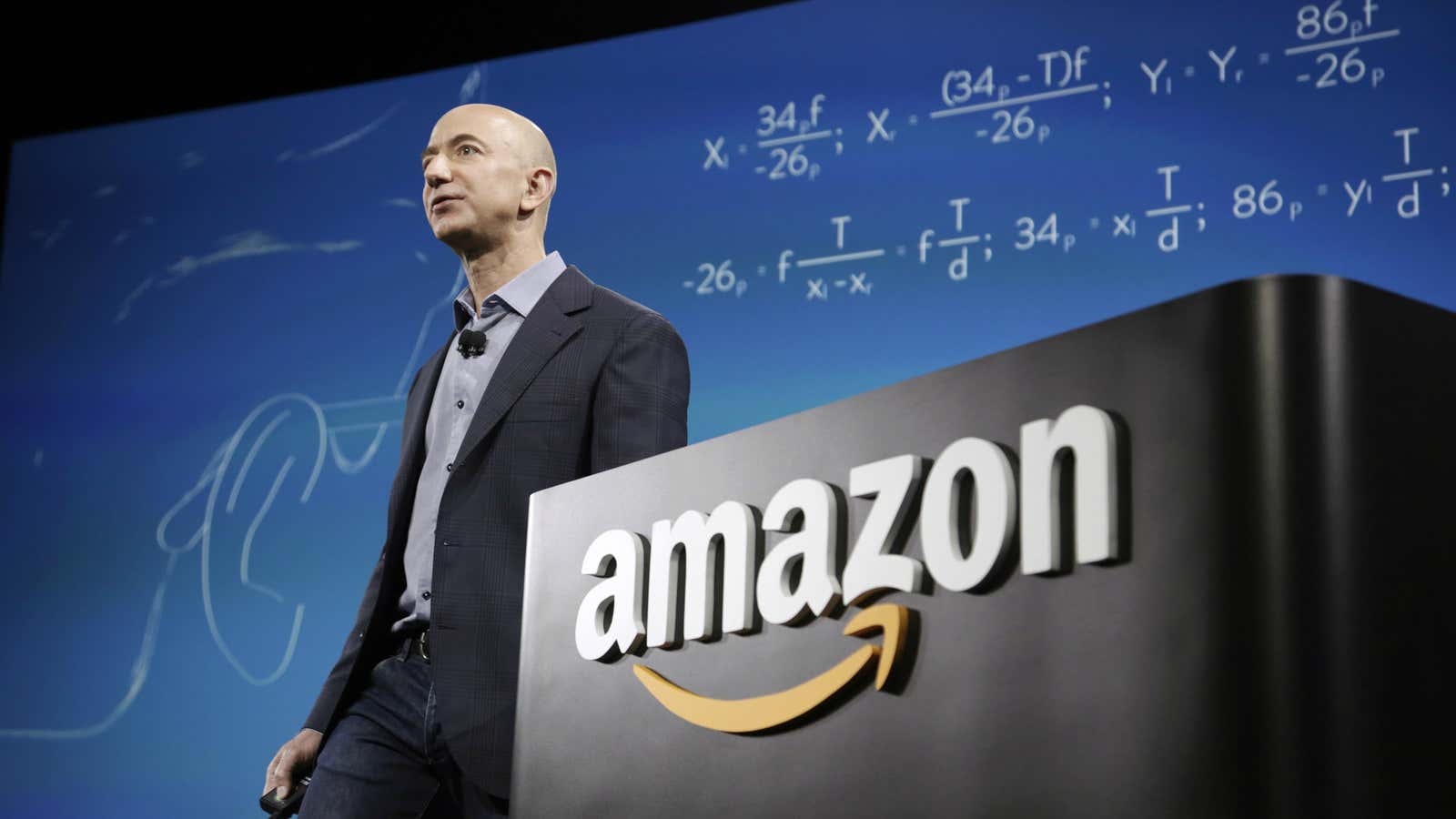Bloomberg reports that Winn-Dixie parent Bi-Lo and Tops Friendly Market could both declare bankruptcy this month, an ominous shakeout in a grocery industry that is bracing for new competition from Amazon and its newly acquired Whole Foods subsidiary.
Dig a little deeper and the situation is more complicated: Both companies are wheezing under heavy debt loads after being acquired by private equity firms.
Tops was sold by Koninklijke Ahold to Morgan Stanley Private Equity in 2007, and then in another leveraged deal to the company’s management in 2013.
PE firm Lone Star Funds bought Bi-Lo in 2005, saw the company through a bankruptcy in 2009, and then helped fund the acquisition of Winn-Dixie. Ever since, it has “feasted” on Bi-Lo, Bloomberg’s Eliza Ronalds-Hannon wrote last year, paying itself more than $800 million from 2012 to 2017.
The classic PE playbook is to buy a company with borrowed money, take out enormous loans, and pocket the proceeds. According to S&P Global Market Intelligence, from 2013 to 2017 PE firms received $100 billion in debt-funded payouts, while PE-owned companies defaulted on $49.2 billion worth of loans.
That brings us to Amazon, whose CEO Jeff Bezos famously sees opportunities for growth in others’ profits.
Last week the footsteps of doom in the grocery sector got louder: Amazon announced the launch of two-hour Whole Foods delivery in four US cities, free for Prime members.
“Compared to the capitalists who are making their money by stripping the copper wiring from the American economy, the Bezos plan is efficient,” Malcolm Harris wrote on Medium this week. ”Free two-hour grocery delivery is ludicrously convenient, perhaps the most convenient thing Amazon has come up with yet. And why should we consumers pay for huge dividends to Kroger shareholders?”
(Kroger, one of the largest US grocery chains, has raised its dividend by an average of 13% a year since 2006.)
But Harris, author of “Kids These Days: Human Capital and the Making of Millennials,” warned that Amazon’s seemingly unstoppable drive for scale and efficiency could ultimately spell disaster:
“If consumers are better off, who cares if it’s a monopoly?” he wrote. ”Lowering costs as far as possible sounds good until you remember that one of those costs is labor. One of those costs is us.”
